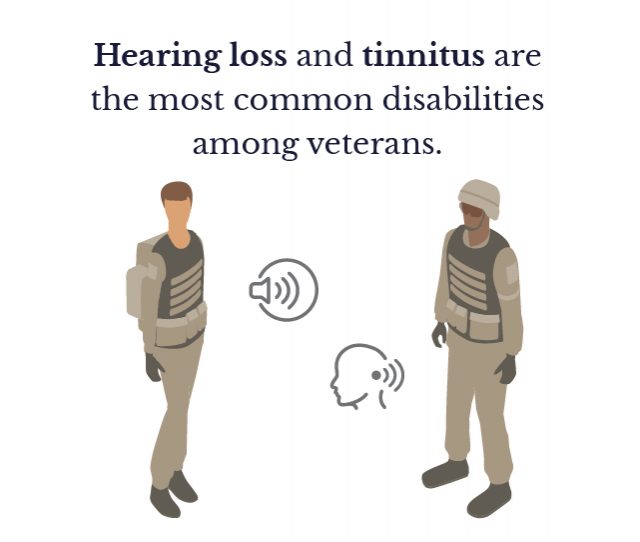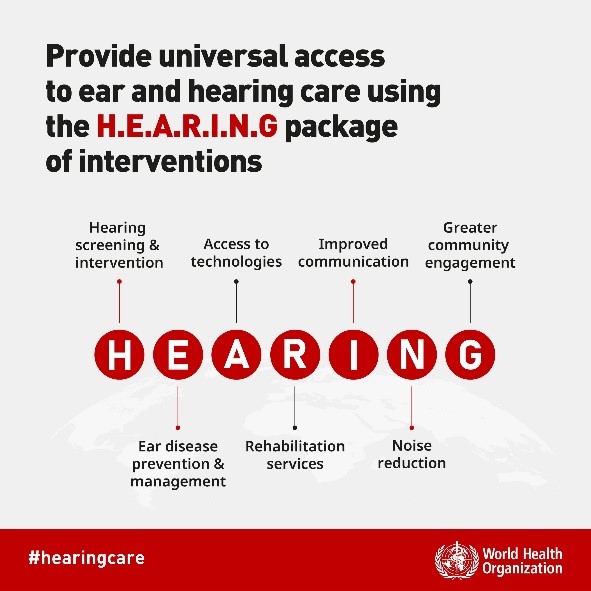-

Warning Consumers Of Misleading Over-the-Counter Hearing Aid Sales
Over the past several months, Attorneys General in Arizona, Louisiana, South Carolina, and Georgia have warned consumers to be vigilant about scams or misleading sales tactics related to Over-the-Counter (OTC) hearing aids. The FDA has yet to finalize regulations for OTC hearing aids, which were mandated by Congress in 2017 but delayed due to the COVID pandemic. Currently, there are no FDA-approved OTC hearing aids available for lawful sale, and some companies have been misrepresenting their prod...
-

What Do You Need to Know About The Price of Hearing Aids?
Hearing loss can significantly impact your quality of life, and addressing it often begins with a hearing test. While hearing aids may be available at reduced costs for Veterans or through Medicare Advantage plans, they are typically not covered by traditional Medicare or private health insurance. The cost of hearing aids varies widely due to factors such as the hearing test, the device itself (including warranty), fitting services, and ongoing support from a hearing care professional. Advanced f...
-

Are you a veteran with hearing loss? Here is what you may be eligible for.
Hearing loss and tinnitus are significant health issues affecting millions of Americans, particularly veterans. Over 38 million people in the U.S., including a majority of those over 75, experience some form of hearing loss. For veterans, these conditions are the most common service-connected disabilities, with tinnitus alone affecting at least 10% of adults. Blast exposure from military operations often leads to hearing difficulties, even when hearing levels remain normal. The Department of Vete...
-

Telehealth: Another change brought to you by COVID-19
The COVID-19 pandemic has significantly transformed healthcare delivery, particularly through the widespread adoption of telehealth services. Before the pandemic, telehealth was limited in scope, especially for Medicare recipients, but emergency policies during the crisis expanded access, leading to a surge in usage. Millions of Americans, including Medicare beneficiaries, now utilize telehealth for various medical needs. For hearing care, telehealth allows adjustments and evaluations remotely, w...
-

Ototoxicity: How Medication and Other Chemicals May Affect Your Hearing
Ototoxicity refers to hearing or balance damage caused by certain medications or chemicals, potentially leading to temporary or permanent loss of hearing or equilibrium. Common ototoxic drugs include antibiotics (e.g., gentamicin), loop diuretics (e.g., furosemide), and chemotherapy agents (e.g., cisplatin). Symptoms may include tinnitus, dizziness, hearing changes starting in high frequencies, and balance issues. To mitigate risks, audiologists often monitor hearing before and during treatment. ...
-

World Hearing Day is Observed on March 3
This article emphasizes the importance of hearing in daily life, highlighting the goal of World Hearing Day to address the challenges faced by nearly 2.5 billion people with hearing loss worldwide through early prevention, screening, and intervention, utilizing modern technology and rehabilitation services while supporting global health initiatives....




